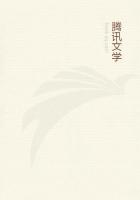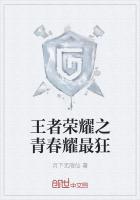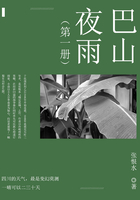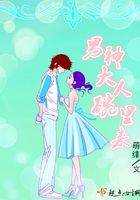We had the whole summer for the exploration of Cambridge before society returned from the mountains and the sea-shore, and it was not till October that I saw Longfellow. I heard again, as I heard when I first came to Boston, that he was at Nahant, and though Nahant was no longer so far away, now, as it was then, I did not think of seeking him out even when we went for a day to explore that coast during the summer. It seems strange that I cannot recall just when and where I saw him, but early after his return to Cambridge I had a message from him asking me to come to a meeting of the Dante Club at Craigie House.
Longfellow was that winter (1866-7) revising his translation of the 'Paradiso', and the Dante Club was the circle of Italianate friends and scholars whom he invited to follow him and criticise his work from the original, while he read his version aloud. Those who were most constantly present were Lowell and Professor Norton, but from time to time others came in, and we seldom sat down at the nine-o'clock supper that followed the reading of the canto in less number than ten or twelve.
The criticism, especially from the accomplished Danteists I have named, was frank and frequent. I believe they neither of them quite agreed with Longfellow as to the form of version he had chosen, but, waiving that, the question was how perfectly he had done his work upon the given lines:
I myself, with whatever right, great or little, I may have to an opinion, believe thoroughly in Longfellow's plan. When I read his version my sense aches for the rhyme which he rejected, but my admiration for his fidelity to Dante otherwise is immeasurable. I remember with equal admiration the subtle and sympathetic scholarship of his critics, who scrutinized every shade of meaning in a word or phrase that gave them pause, and did not let it pass till all the reasons and facts had been considered. Sometimes, and even often, Longfellow yielded to their censure, but for the most part, when he was of another mind, he held to his mind, and the passage had to go as he said. I make a little haste to say that in all the meetings of the Club, during a whole winter of Wednesday evenings, I myself, though I faithfully followed in an Italian Dante with the rest, ventured upon one suggestion only. This was kindly, even seriously, considered by the poet, and gently rejected. He could not do anything otherwise than gently, and I was not suffered to feel that I had done a presumptuous thing. I can see him now, as he looked up from the proof-sheets on the round table before him, and over at me, growing consciously smaller and smaller, like something through a reversed opera-glass. He had a shaded drop-light in front of him, and in its glow his beautiful and benignly noble head had a dignity peculiar to him.
All the portraits of Longfellow are likenesses more or less bad and good, for there was something as ****** in the physiognomy as in the nature of the man. His head, after he allowed his beard to grow and wore his hair long in the manner of elderly men, was leonine, but mildly leonine, as the old painters conceived the lion of St. Mark. Once Sophocles, the ex-monk of Mount Athos, so long a Greek professor at Harvard, came in for supper, after the reading was over, and he was leonine too, but of a fierceness that contrasted finely with Longfellow's mildness. I remember the poet's asking him something about the punishment of impaling, in Turkey, and his answering, with an ironical gleam of his fiery eyes, "Unhappily, it is obsolete." I dare say he was not so leonine, either, as he looked.
When Longfellow read verse, it was with a hollow, with a mellow resonant murmur, like the note of some deep-throated horn. His voice was very lulling in quality, and at the Dante Club it used to have early effect with an old scholar who sat in a cavernous armchair at the corner of the fire, and who drowsed audibly in the soft tone and the gentle heat. The poet had a fat terrier who wished always to be present at the meetings of the Club, and he commonly fell asleep at the same moment with that dear old scholar, so that when they began to make themselves heard in concert, one could not tell which it was that most took our thoughts from the text of the Paradiso. When the duet opened, Longfellow would look up with an arch recognition of the fact, and then go gravely on to the end of the canto. At the close he would speak to his friend and lead him out to supper as if he had not seen or heard anything amiss.

